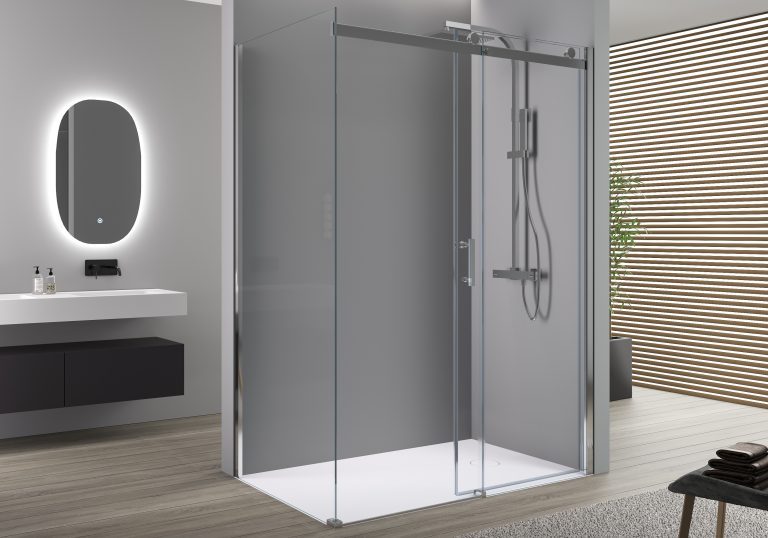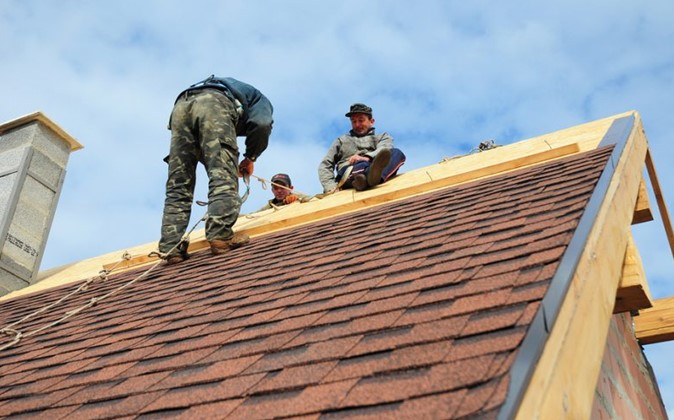How a Sunscore Can Help You to Install Solar Energy
Getting a sunscore can help you determine whether or not a property is suitable for solar energy. In addition, it can help you determine how much a solar installation will cost.
Climate and weather conditions
Considering that the Earth’s surface is a sphere, the climate and weather conditions vary from one region to the next. This is due in large part to human activities and natural events like volcanic eruptions. However, it is also due in part to the solar cycle.
The most notable change is the increase in greenhouse gas emissions, which has a knock on effect on the weather. The climate and weather conditions can also change due to El Nino and other climatic cycles. The temperature is no exception, as cold air rushes in to fill the gaps left by warmer air. The most interesting part is that some regions, like the Antarctic, actually have a dry climate.
The best way to think about it is to consider the climate as the “average” weather for a given area. While the average climate in the US may be more or less similar to that in China, the climate in Antarctica is the polar opposite of that in the US.
Local solar installation prices
Getting solar installed is a great way to reduce your energy bills. Solar energy can help you heat or cool your home, save money on your electric bill, and improve the environment. Before you decide to install a solar system, gather all the information you need to estimate its cost.
Solar installation prices vary depending on your geographical location, home size, and energy usage. The best way to determine the cost of solar for your home is to request an on-site evaluation and obtain a detailed price quote from a solar provider.
Labor costs are a key factor in solar panel installation prices. The cost of labor per watt varies from state to state. The average labor cost for installation is $0.27 per watt.
Labor costs for solar panel installation also vary depending on the size of your home and the number of stories. Homes with skylights may also have higher labor costs. In addition, labor costs will increase if your home has a 45-degree roof pitch.
Finding homes with a good sunscore
Buying a home in an area with a good sunscore can save you thousands of dollars in the long run. The sunscore is a measurement of a home’s solar potential, which is calculated using an algorithm. The algorithm considers a variety of factors, including the size, orientation, and direction of the roof, as well as the local electric rates and cost of installing solar panels.
A higher score indicates better solar power potential. Some homeowners view a home’s solar capabilities as just as important as its square footage or year of construction.
While a Sun Number score may not be as accurate as a real estate agent’s average number of sunny days, it can provide a good measure of a home’s solar potential. Buying a home in an area with lots of sun can make solar panels more appealing.
Sun Numbers score a home on a scale from one to 100. The highest score indicates the most efficient use of solar energy. A home with a score of 100 is considered the “perfect” score.
Contacting a reputable solar installer
Choosing a reputable solar installer is crucial to the successful installation of your new solar system. You need a company that can provide accurate estimates, friendly workers and good customer service.
One way to find a good solar installer is to contact your local solar trade association. These organizations can provide you with a paper trail of past experience.
You should also check online reviews to see what other customers have experienced with a particular company. If you find complaints, they can be easily resolved through the Better Business Bureau. Also, check to see how long the company has been in business.
A solar installation is a big project that takes time to complete. It is important to find a company that can get the job done on time. You may also need to pay a down payment to secure the contract. This can decrease the incentive for the installer to finish the installation on time.
It is also important to check a solar installer’s insurance policies. Many solar installers have insurance coverage for equipment and property damage.
Keep Visiting Flashy Info







